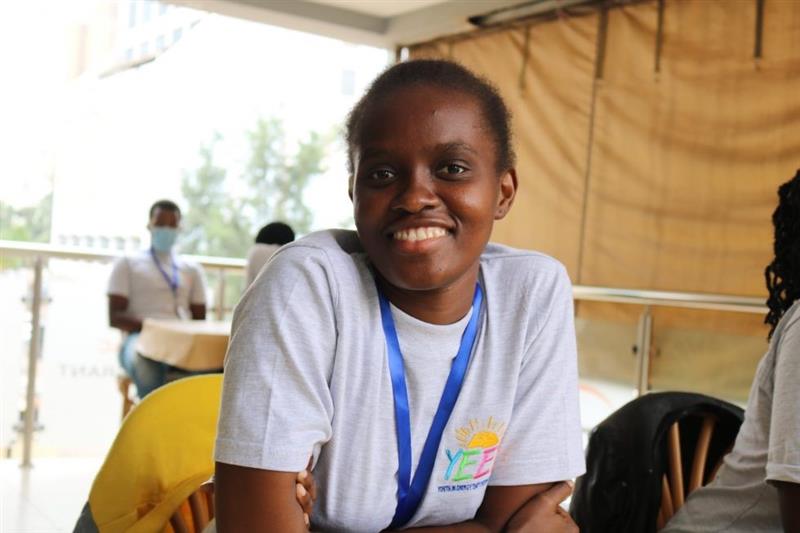ESCO-in-a-box. A solution for delivering energy efficiency projects for hard-to-reach businesses.

In 2020 we were asked for help to tackle the water-energy-food challenge in Kenya. As a rain-fed country with agriculture as a dominant economic force, issues of food security, water scarcity and fuel availability are paramount to the wellbeing of the nation and its peoples, particularly in the face of the climate crisis. Working with local consultants EEnovators we created a specialised ESCO service for the Kenyan AgriFood industry, to maximise the significant potential for improving energy efficiency.


Local adaptation
Using the ESCO-in-a-box approach, we developed local adaptations of the contracting and marketing planning components to incorporate national policies and value propositions for sectors such as cold storage and horticulture.
Technologies
The most common energy efficiency technologies deployed include LED lighting, motor upgrades, upgraded building controls and solar PV.
Development
In addition we are working with EEnovators to further develop the software, enabling the integration, tracking and forecasting of other services such as training, auditing and metering alongside the core ESCO offer.
Carbon savings and reduction
Significant energy savings have been delivered, totaling ~2,676 MWh across just 9 projects, with a further 33 active projects in the pipeline. These savings have resulted in CO2 emissions abatements of ~342 tons per year, and a further ~8060 m3/year of water savings, significant for local climate resilience in a rain-fed nation.
Sustainability
These savings will not come at the cost of financial viability, with the payback for energy interventions averaged at just 2.35 years, providing revenues for Kenyan AgriFood businesses that can be redirected to increase growth, or be reinvested in further sustainability or energy efficiency measures.
The next steps of the Kenyan intervention are to continue maximising the carbon-water-energy savings impact of the current project portfolio, whilst in parallel expanding the solution to neighbouring nations in East Africa (Tanzania, Uganda, Rwanda & Zambia), through further adaptation exercises.
Working in partnership with local consultants EEnovators:

Alex has been an entrepreneur in the clean energy sector for around 15 years. He founded respected energy analytics business EEVS Insight in 2011 and has led a number of consultancy teams, advising corporate and public sector clients on energy strategies and developing innovative business models that make sense of energy efficiency. Alex holds a Masters degree in electrical engineering from Imperial College London and an MBA from Ashridge Business School, and is a Chartered Engineer. Alex has spent his entire career trying to address climate change, which he views as an unprecedented opportunity for creating a better, more equitable world.

Armin is a multifaceted professional and entrepreneur with more than 15 years of international experience working on clean energy topics in public and private sector organisations. He is fluent in English, French and German, and maintains an extensive global network in the energy sector. Armin is passionate about the role of policies and governance in driving the transition to a sustainable, low carbon energy system.

Connor provides an interdisciplinary background ranging from data structures to environmental economics and sociotechnical change. Connor earned a First-Class Master of Natural Sciences degree for his novel research into market-based carbon accounting and corporate signalling at the University of East Anglia, where he founded and continues to support the “Any Last Words?” climate communication competition, highlighting a long-standing commitment to improve science communication and climate engagement as a public good.
Contact us if you are interested in becoming a potential licensee of ESCO-in-a-box – especially Councils, Local Authorities, LEPs, Community Energy Organisations.